Beyond Anger Management
£42.50
Anger management involves steadily increasing the level of maturity a young person has with regard to both managing their emotions and being skillful enough to negotiate and collaborate with others, in order to get to a win-win situation where both parties feel satisfied enough with the outcome.
This manual offers a structured programme to achieve this
Being able to choose an assertive behaviour option allows young people to find reasonable ways to deal with difficult people and difficult situations. It also means they are more likely to be calmer and more open to reason than stressed and tense. And it will enable them to form deeper, more satisfying friendships because they are able to be more honest with themselves and other people.
Areas covered include:
- Personal rights
- Body language
- Making requests
- Expressing feelings in an emotionally literate way.
The exercises allow practice in being assertive, including how to say “No!” confidently and an assertiveness questionnaire enables you to monitor progress.
There are 10 session plans:
- Introducing assertive behaviour – Looks at passive, aggressive and assertive behaviours.
- What do you think you have the right to do, think and feel? – Considers rules of behaviour and personal rights.
- Behaviour options – Learn about body language
- What do I want and how can I get it? – Teaches the best ways to ask for what you want.
- How to ask for what I want – Practise asking for what we want.
- How to say “No!” – Learn ways of saying “No!”
- Kindly speak up – Learn how to express feelings especially anger.
- More behaviour options – Practise acting assertively in response to peer pressure.
- Practise makes perfect – Acquire the confidence to say “No!”
- How assertive are you now? – Assessment.
Each session plan details the aim, resources required, method, time to allocate, and is accompanied by reproducible student and teacher sheets.
Age: 11-18
80 page A4 ring bound book
| Format |
|---|
Only logged in customers who have purchased this product may leave a review.
Related Products
Anger Management
Anger Management
Anger Management
Anger Management
Anger Management
Anger Management
Anger Management
Anger Management
Anger Management
Anger Management

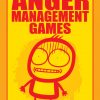
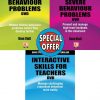
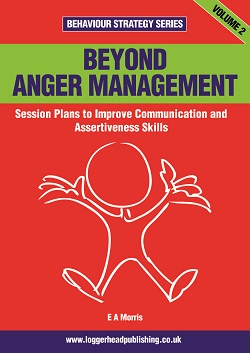
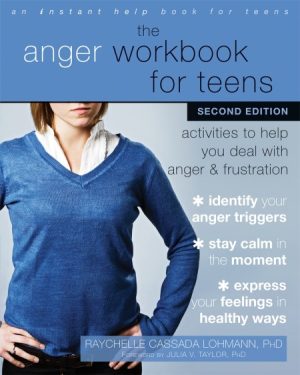
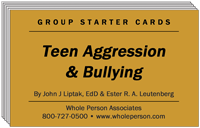
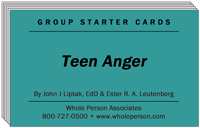
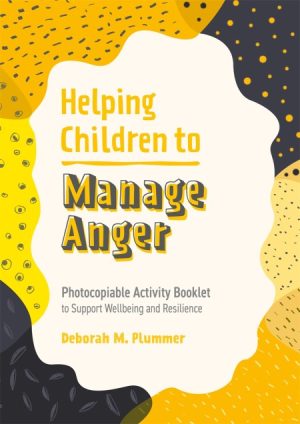
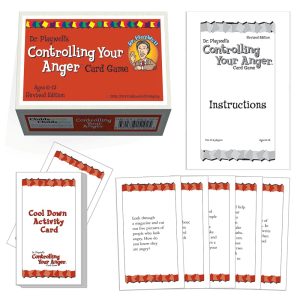
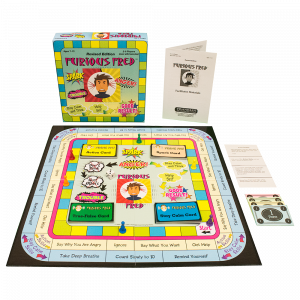
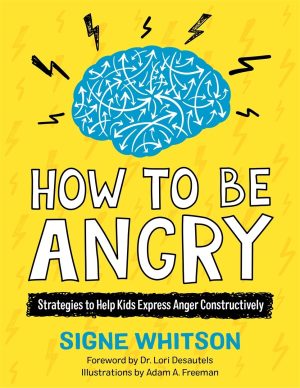
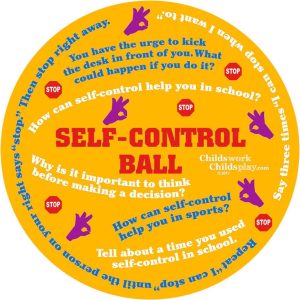
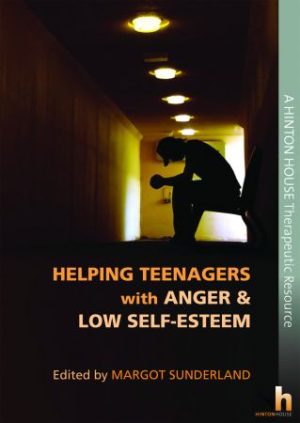
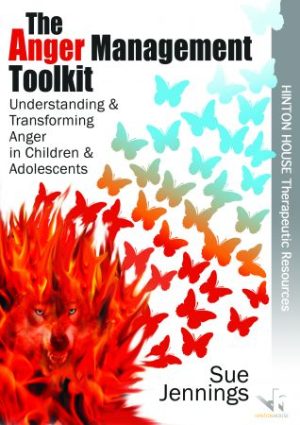
Reviews
There are no reviews yet.